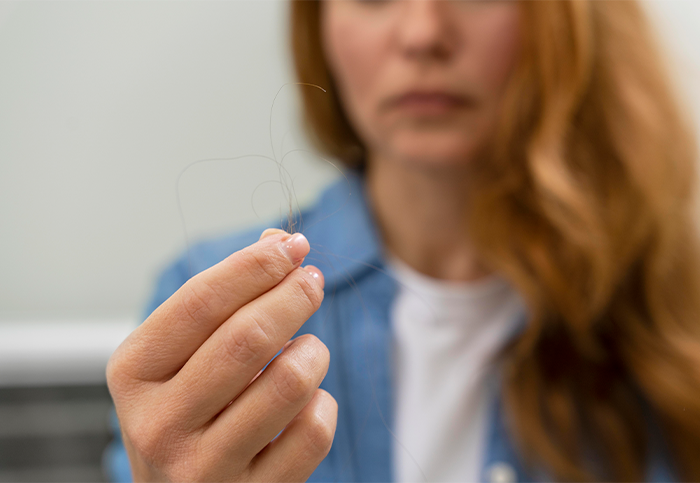Nutrient Deficiencies That Accompany PCOS
Polycystic Ovary Syndrome (PCOS) can feel like a relentless puzzle, and managing its symptoms can be as challenging as solving a Rubik’s Cube. But what if the missing piece is not just a hormonal imbalance, but a lack of essential micronutrients? Micronutrients can have a macro-contribution in the journey towards well-being for women with PCOS.

Here are some common nutrient deficiencies associated with PCOS:
1. Vitamin D
Vitamin D deficiency is already widespread, but it is particularly common among women with PCOS. Despite ample sunshine in many South Asian countries, Vitamin D deficiency remains prevalent. Studies show that 67-87% of women with PCOS are Vitamin D deficient, compared to 51% of women without PCOS. Limited sun exposure due to extreme temperatures and long working hours contributes to this issue. Nutrifactor’s Suncell 5000, with 5000 IU of Vitamin D3, can help address Vitamin D deficiency and alleviate PCOS symptoms.
2. Vitamin B12
Vitamin B12 is like the unsung hero of your body’s energy squad, powering up red blood cell production and giving your nerves the VIP treatment they need. It’s the mastermind behind DNA synthesis, ensuring your cells divide and grow smoothly. Women who are battling PCOS might be deficient in this Vitamin. While foods like meat, fish, and eggs are good sources but Nutrifactor’s Vitamin B12 can provide you with just the right amount of Vitamin B12 that you need to get better.

3. Magnesium
Magnesium can be beneficial for women with PCOS as it improves insulin sensitivity, regulates blood sugar levels, and supports hormonal balance. It also has anti-inflammatory properties that can help reduce PCOS-related inflammation and may aid in managing stress and mood disorders, which are common in this condition. Astonishingly, in a research, women who had decreased magnesium levels often had increased urinary excretion of magnesium in the presence of elevated insulin in the blood.
4. Calcium
Remember when our mothers used to force us to drink milk while highlighting the importance of calcium for the body? Well, they were right because research has found depleting levels of calcium in women who have PCOS. After vitamin D, calcium takes up a primary spot in easing the symptoms of PCOS hence it is of great importance.

5. Zinc
Hirsutism (excessive hair growth) and alopecia (hair loss) are common issues for women with PCOS. Zinc supplementation can be effective in managing these symptoms. Research indicates that taking zinc daily for eight weeks can significantly reduce both hirsutism and hair loss compared to a placebo group. Nutrifactor’s Nucal-Z, which contains magnesium, calcium, and zinc, offers a comprehensive solution to address these deficiencies.
Addressing these nutrient deficiencies can be a game-changer in managing PCOS symptoms and focusing on nutrients to maintain health isn’t barking up the wrong tree. By zeroing in on key vitamins and minerals, you can take a proactive approach to balancing your body and enhancing your well-being.
References:
https://pubmed.ncbi.nlm.nih.gov/26315303/
https://pubmed.ncbi.nlm.nih.gov/20021721/
https://pubmed.ncbi.nlm.nih.gov/12053100/
https://lewis.gsu.edu/2021/12/09/pcos-daily-dose-of-vitamin-d/
https://www.academia.edu/download/101069969/18_AJPCR_46060.pdf
https://www.academia.edu/download/82112725/2192.pdf



